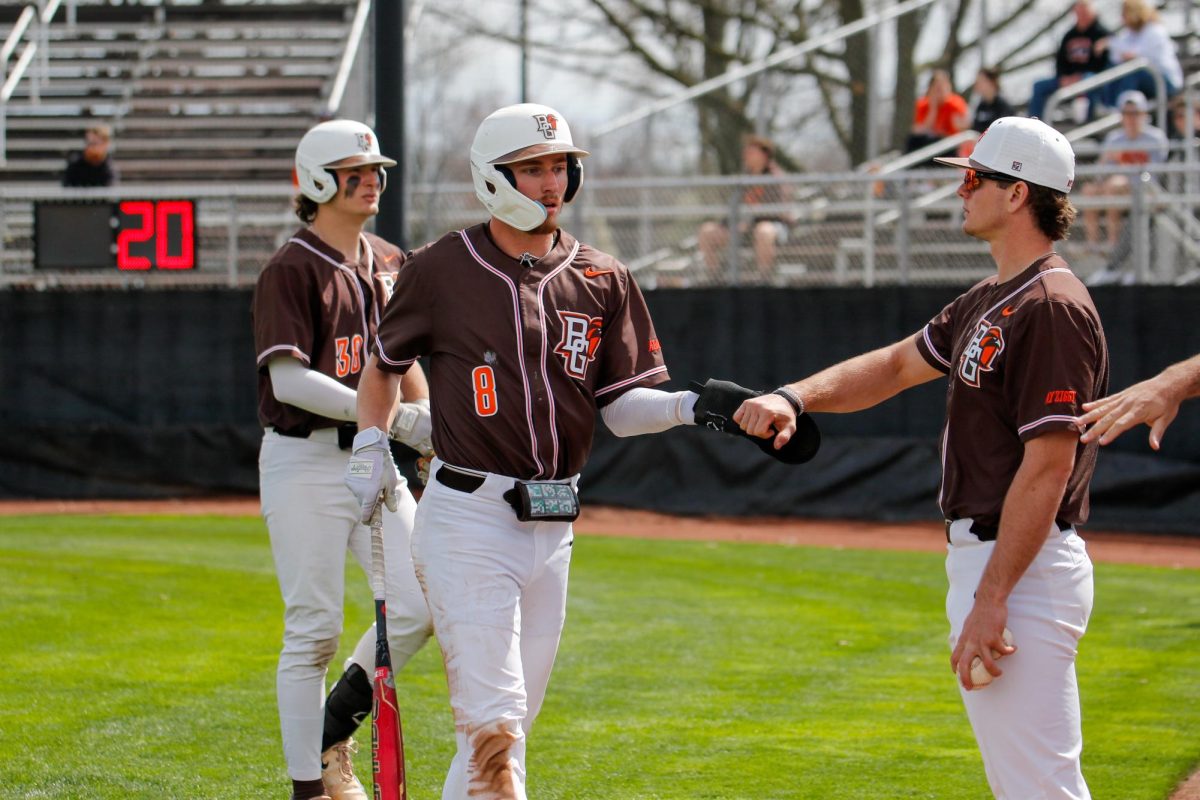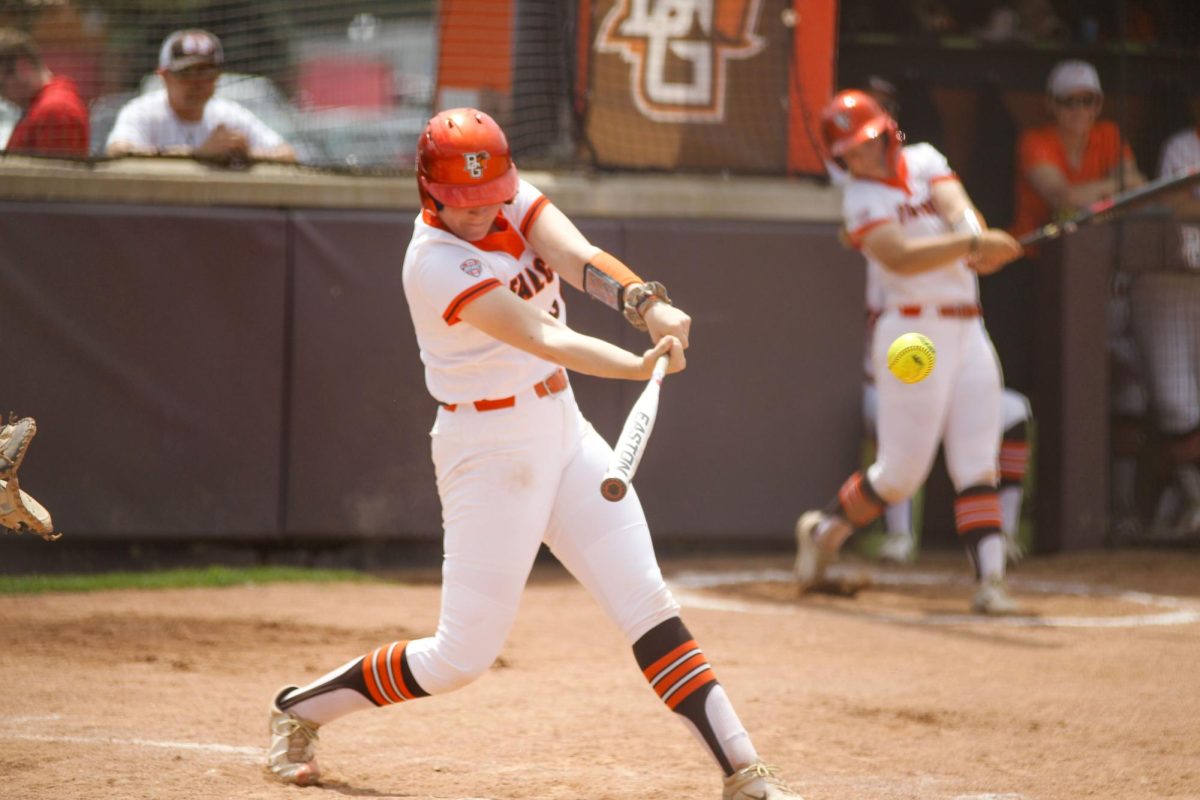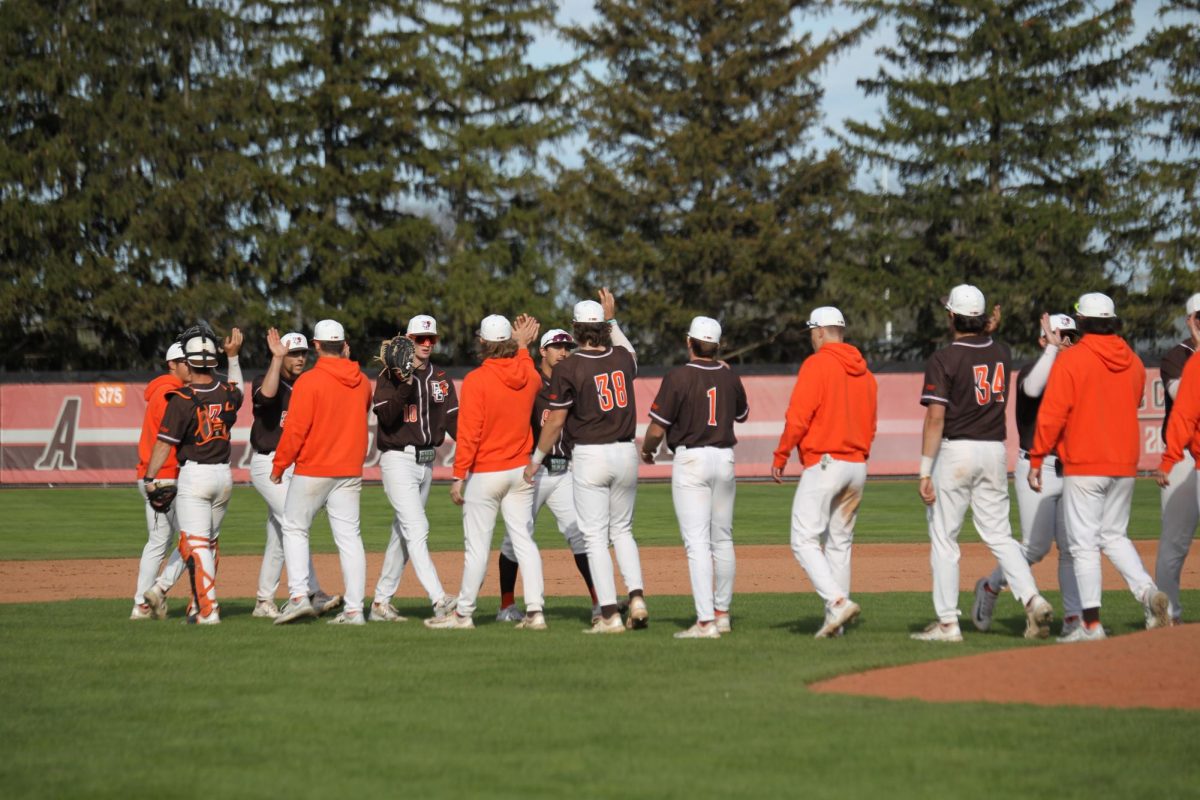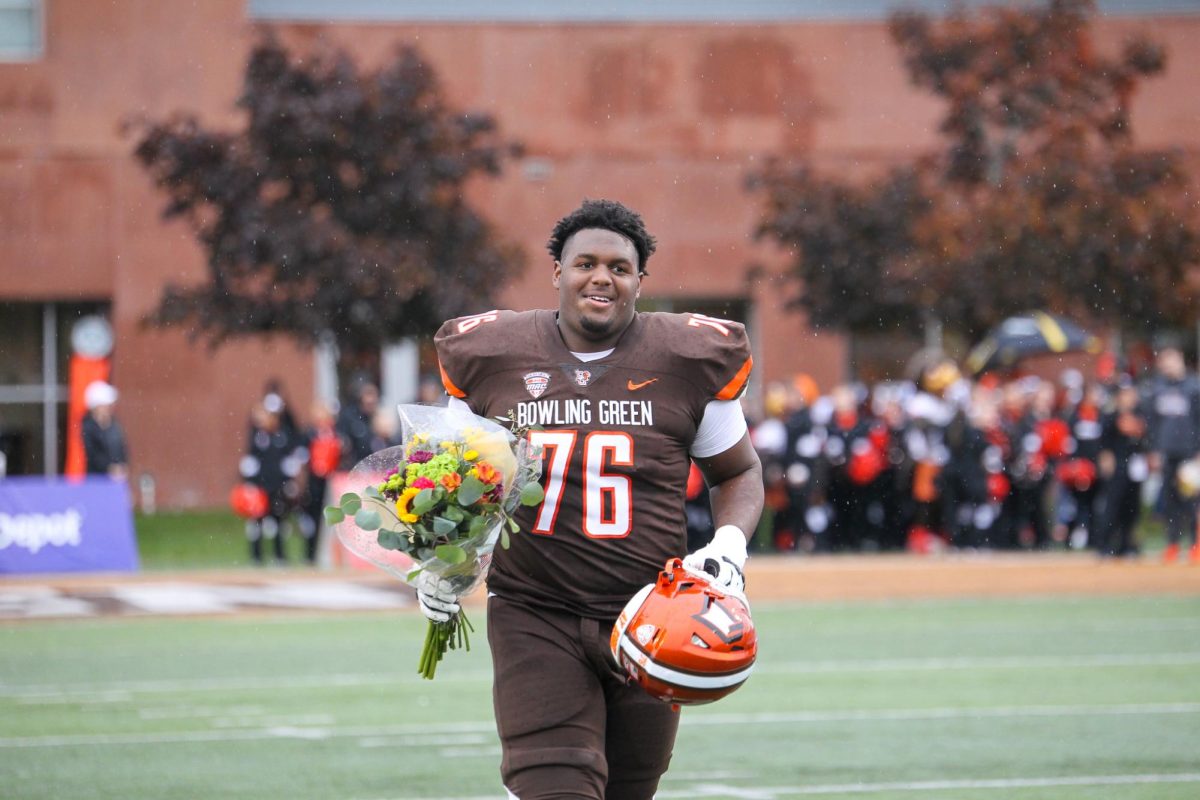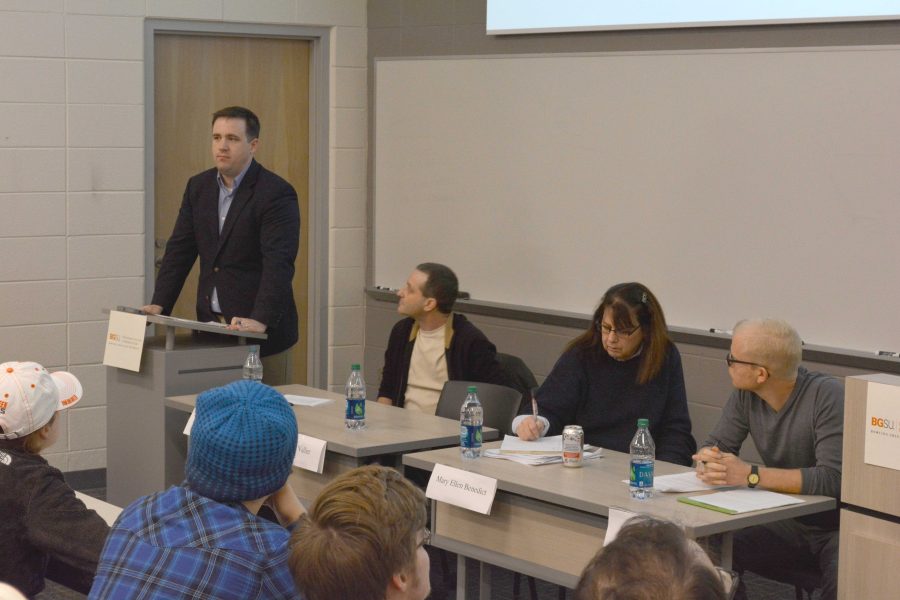In a panel on Wednesday Michael Weber, department chair and professor of philosophy, Kevin Vallier, Mary Ellen Benedict, economic department chair and Michael Strand, professor of sociology, gathered together to speak about economic inequality. The panel sponsored by Philosophy, Politics, Economic and Law [PPEL] described economic inequality as the gap between rich and poor, the differences of wealth and income.
The panel’s purpose was to answer questions over what economic inequality is, what should be done about it and the bigger consequences.
Weber was the first to answer.
“Economic inequality is considered as wealth and income,” Weber said. “People can have a lot of money in the bank, but not be making much income-wise. And a third thing that hasn’t been mention yet – that is the economic opportunity, if we all actually have the same chance.”
Economic opportunity impacts economic inequality from the fact that people believe in the “American Dream,” Benedict said, which is no longer true.
“We have an attitude that everyone can pick themselves up from their bootstraps and become the next person who comes from nothing and becomes every rich, and the fact is that is just not true,” Benedict said.
The U.S.’s one percent has gotten 86-percent richer in the last 20 years, while the 99 percent have gotten only 6.6 richer, according to information provided by a PowerPoint slide during the panel.
“Some people believe that economic inequality is OK as long as there is social mobility when facts say that is no longer true,” Weber said.
Students must understand that economic inequality has a bigger impact on our society and affects everyone’s success, he said.
“Economic inequality in a specific place can lead to social problems like urban segregation and concentrated poverty, so this, in turn, leads to a host of others problems like crime, juvenile deliquesce and things like police brutality,” Strand said. “So I think the whole Ferguson case that we’ve seen recently in the news linked to this. It’s a moral problem.”
The panel opened up the discussion to students who had questions, wanted more information on what we can do as citizens to prevent this and more on social mobility.
Kevin Vallier, director of PPEL, said that there is a club to learn more about economic inequality and other issues that affect our society.
“What PPEL is about is giving people the tools to better understand the way that the political and economic institutions that they live under work, so they can give better analysis or understanding to make things better,” Vallier said.
The PPEL club will be meeting once a week next semester and more general information can be found online through the philosophy department’s home page.
Vallier was asked what he hoped students walked away with from this panel.
“A better understanding of some really important social and economic problems are and what they can do about it,” he said.






